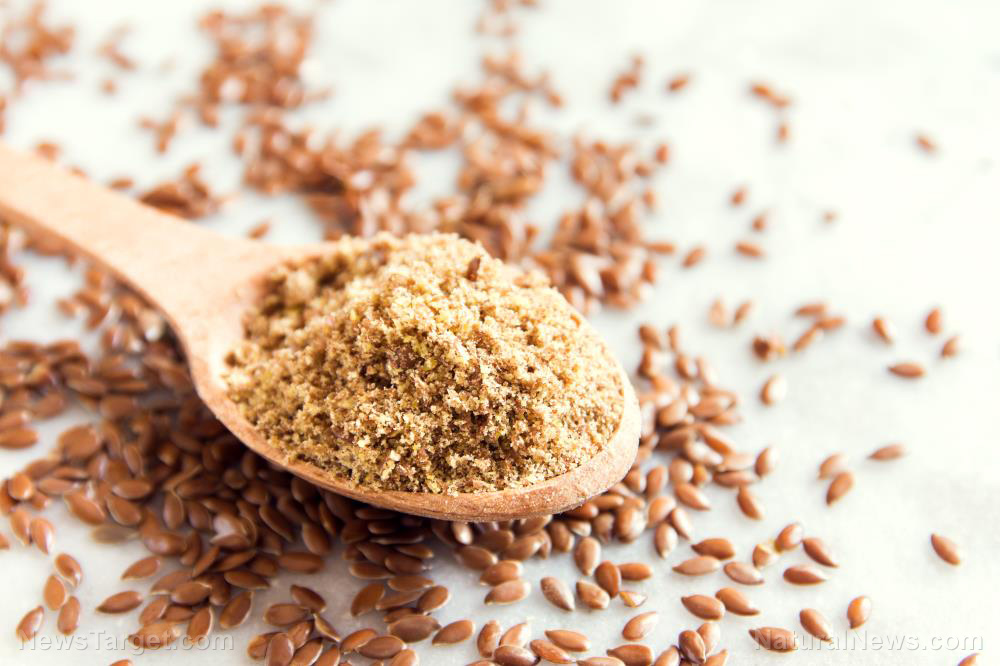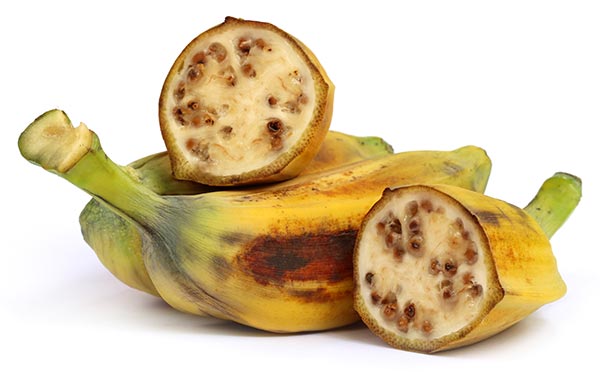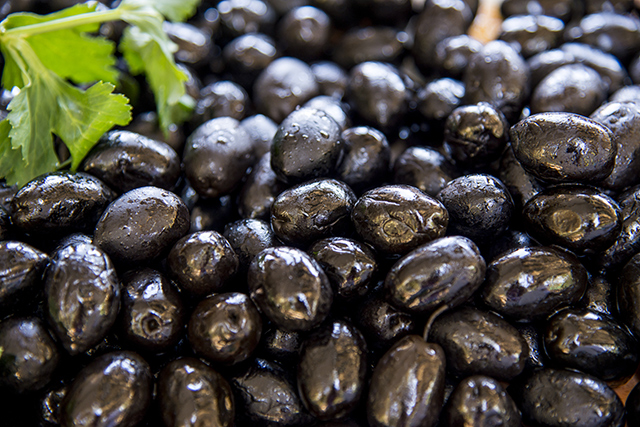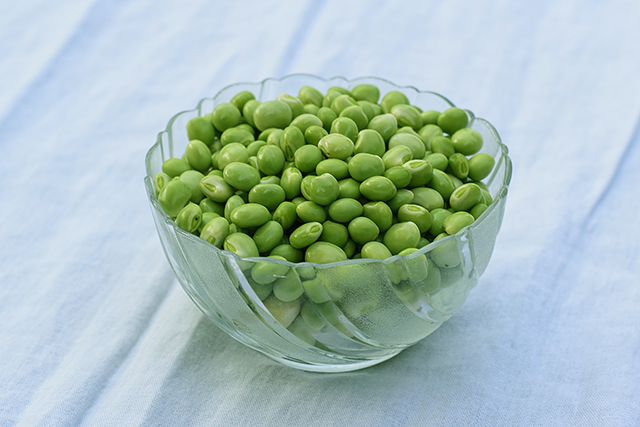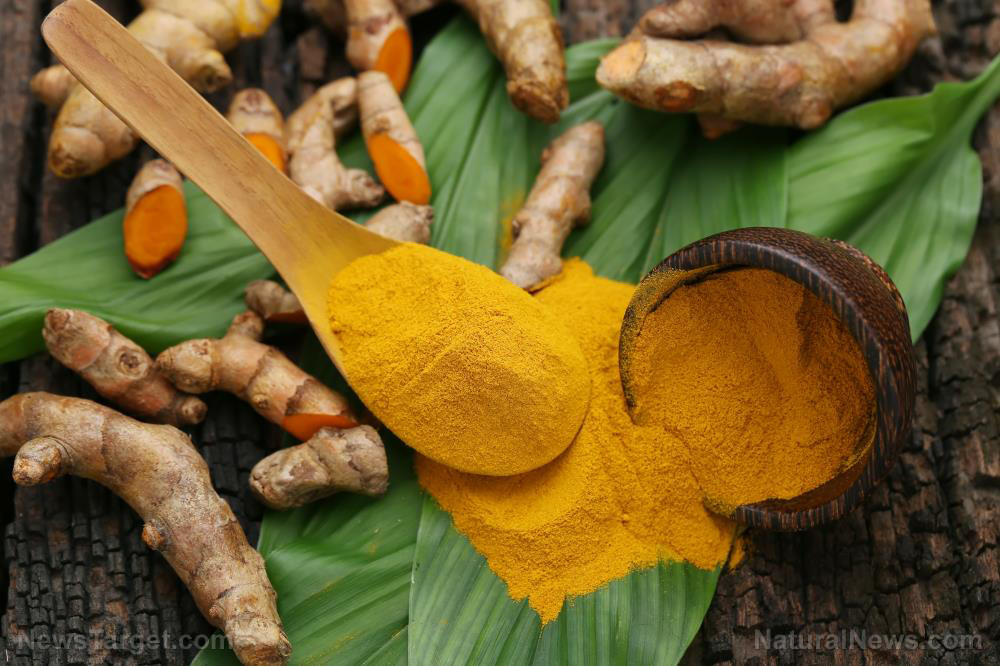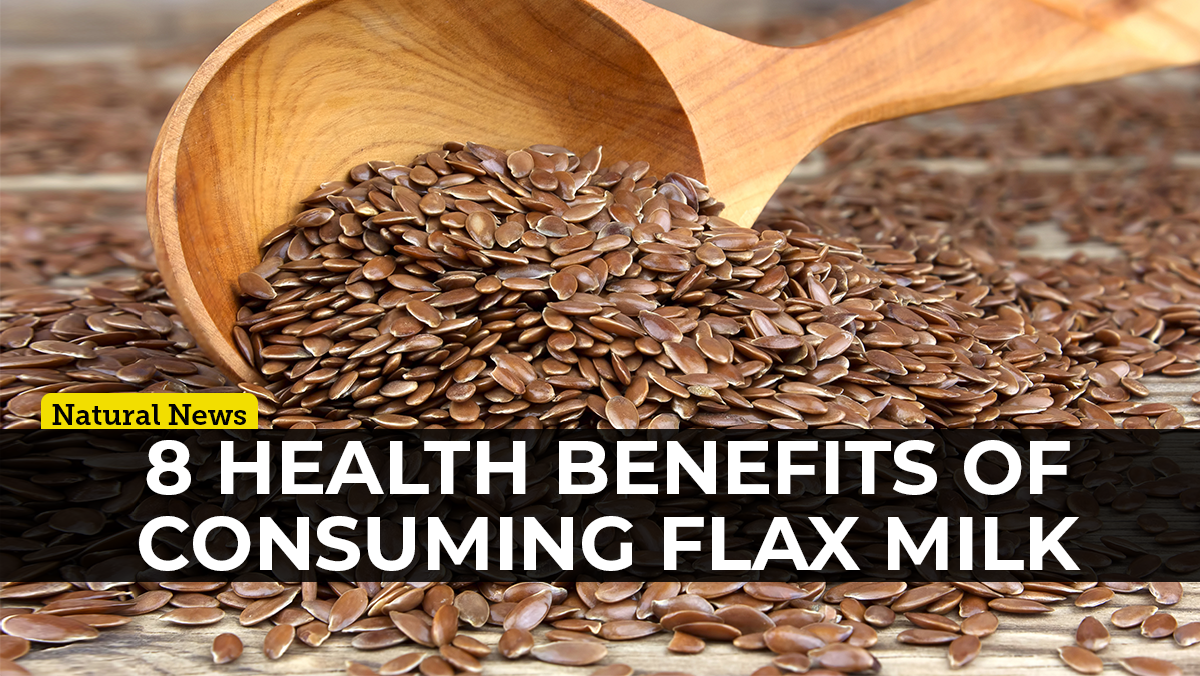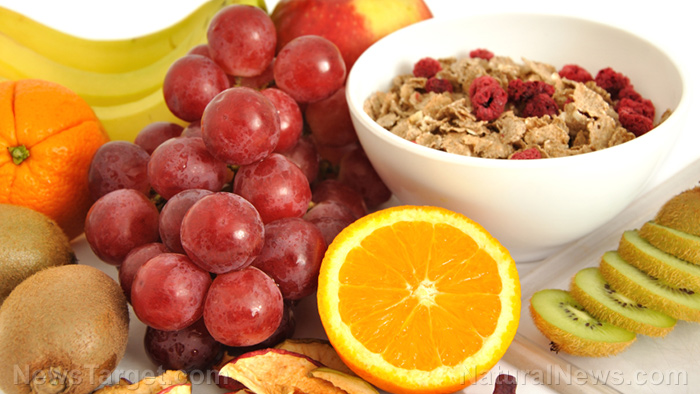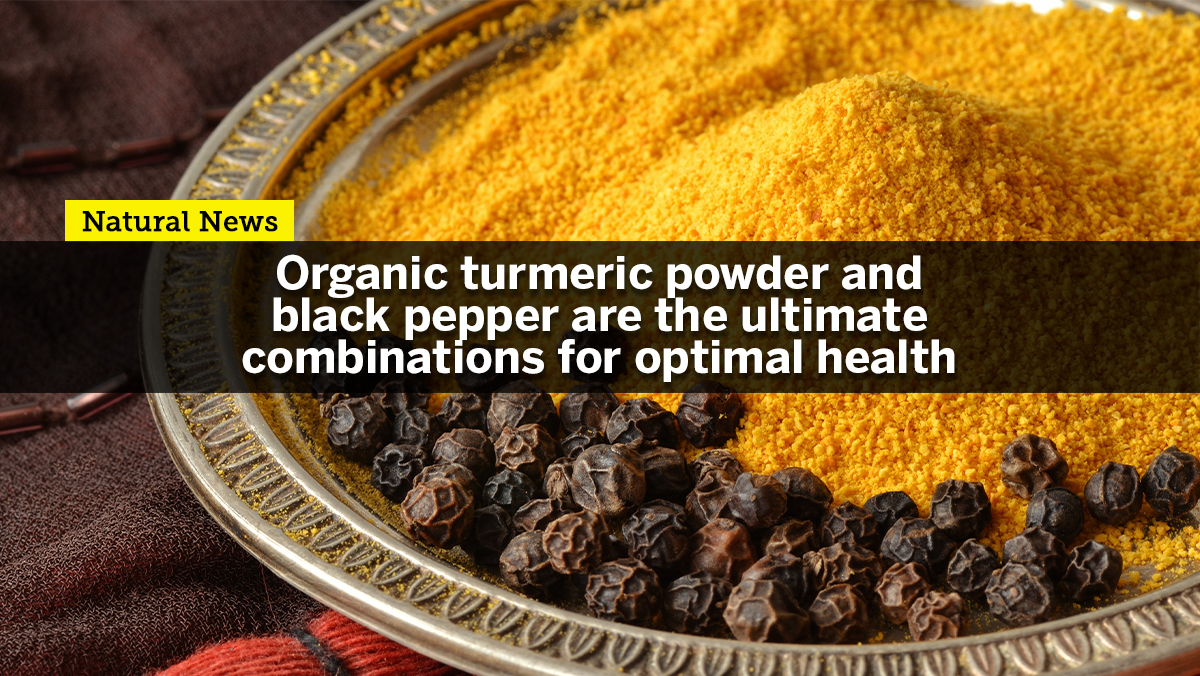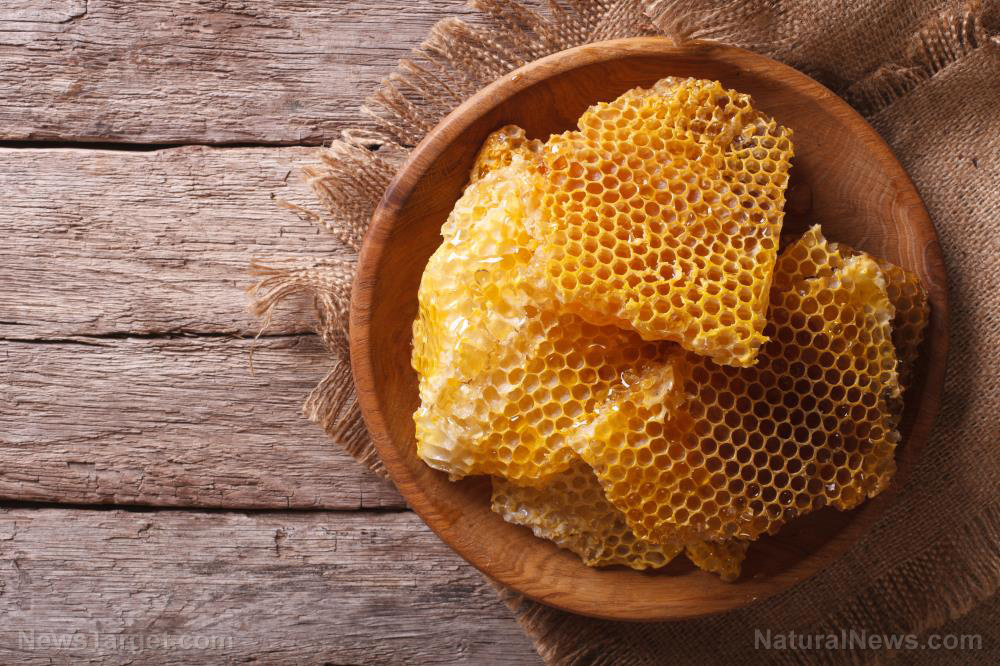Munching on onions and garlic can reduce colorectal cancer risk, according to study
09/12/2019 / By Evangelyn Rodriguez
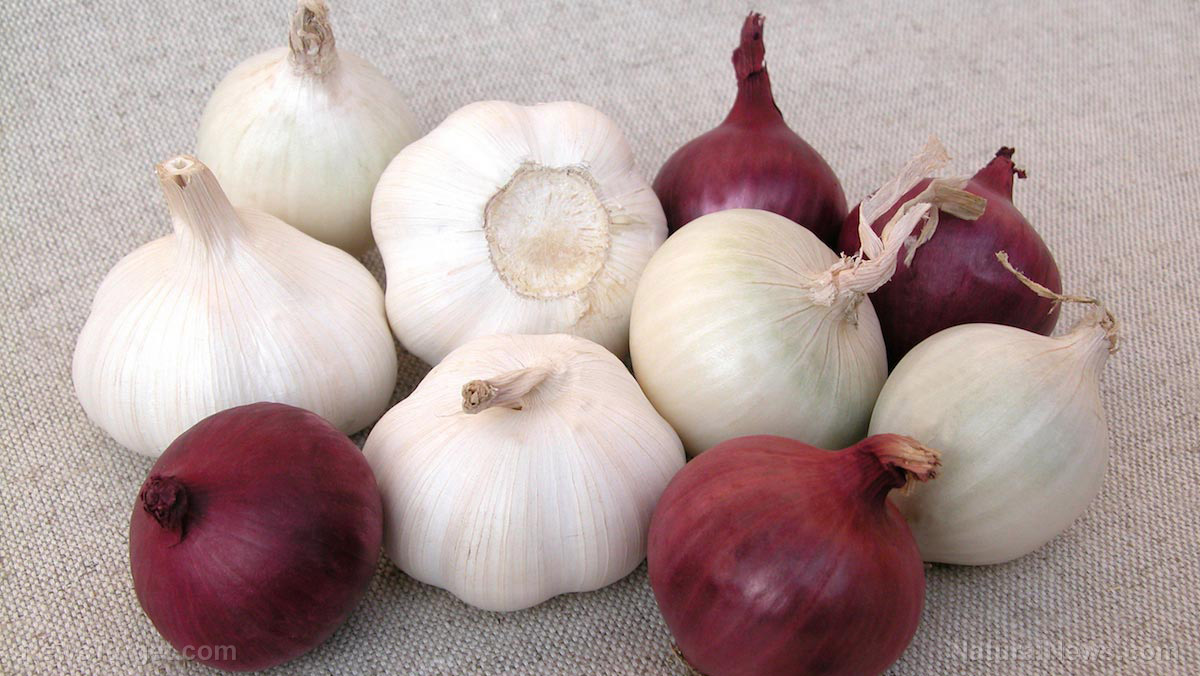
Allium vegetables, along with cruciferous vegetables, are known for their cancer-fighting abilities. Commonly used alliums in the kitchen include garlic, onions, leeks, spring onions, shallots, and chives. Due to their powerful biological activities, scientists continue to study these vegetables in the hopes of getting a better understanding of how they work. In a newly published study in the Asia-Pacific Journal of Clinical Oncology, researchers from China conducted a case-control study to investigate the effects of eating alliums on the risk of colorectal cancer. They found that a diet rich in a variety of alliums can prevent colorectal cancer in both men and women in northeastern China.
Increased consumption of alliums results in a significantly lower risk
Colorectal cancer is the third most common type of cancer in the world. In China, colorectal cancer cases continue to increase each year, although the number of reported cases is still lower than those in Europe and America. The researchers noted that Asians who migrate in Western countries experience an increase in colorectal cancer risk, suggesting that environmental, dietary, and lifestyle factors may play a role in the development of this cancer.
The majority of studies on colorectal cancer and the anticancer activities of alliums mostly involve European or American populations. In China, research regarding the effects of allium consumption on cancer prevention have so far produced varying results. This prompted Chinese researchers to conduct a case-control study in three different hospitals in northeast China from June 2009 to November 2011. They recruited 833 patients with colorectal cancer and matched them with 833 healthy individuals with the same age and gender who lived in the same locations. The researchers interviewed each participants and took note of their dietary habits using validated food questionnaires.
The results of their study showed that the consumption of allium vegetables reduces the risk of colorectal cancer in both men and women, regardless of the site of tumor within the colon. To effectively lower the risk of people in northeast China, the researchers calculated that a total intake of 16 kg of allium vegetables per year is necessary. They also noted that their findings aligned with those of a study involving a southern European population, a meta-analysis based on multiple countries, and a study conducted in Guangzhou, China. On the other hand, their data were inconsistent with the results of cohort studies involving American, Dutch, and Shanghai-Chinese populations.
According to the researchers, the discrepancies may be due to several factors. For instance, the way a vegetable is cooked varies from region to region, and this process significantly changes the vegetable’s chemical composition. Hence some may find that allium consumption does not affect cancer risk while others may observe a huge benefit. In terms of individual allium vegetable intake, the researchers found that garlic intake is inversely associated with the risk of proximal colon and rectal cancer, while high intakes of onions, leeks, and spring onions are inversely associated with the risk of both, as well as distal colon cancer. (Related: Eat your veggies: 6 allium vegetables and their health benefits.)
Dr. Zhi Li, one of the authors of the study, remarked that their study clearly shows a trend: The greater the amount of allium vegetables, the better the protection. Li believes that while simply eating these vegetables is not enough to prevent colorectal cancer, combining a diet rich in these vegetables with a healthy lifestyle can remarkably lower people’s risk. All in all, the researchers concluded that consuming a variety of allium vegetables like garlic, garlic stalks, leeks, onions, and spring onions can provide preventive benefits in terms of colorectal cancer risk, regardless of the specific site of tumor.
Sources include:
Tagged Under:
RECENT NEWS & ARTICLES
COPYRIGHT © 2017 SUPERFOODS NEWS



